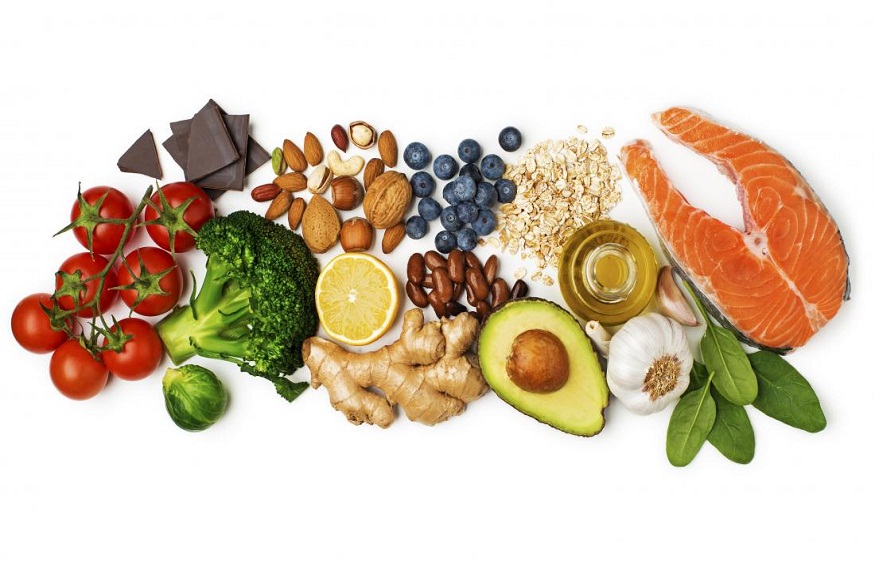Getting enough protein is a key part of a balanced diet, especially for anyone focused on losing fat while maintaining muscle. When consumed regularly in the right amounts, protein helps build muscle, regulate hunger, and improve body composition by encouraging fat loss. By understanding how protein works in the body, it’s easier to make it a regular part of your daily meals for long-term results.
How Protein Contributes to Fat Loss
Protein stands out from other macronutrients due to its high thermic effect, meaning it requires more energy for digestion and absorption compared to fats and carbohydrates. This higher energy expenditure increases your resting metabolic rate, meaning you naturally burn more calories throughout the day. By including more protein-rich foods, you can elevate your calorie burn even when at rest, which can contribute to a leaner body over time.
Additionally, protein is highly effective at managing hunger. It keeps you feeling fuller for longer, which makes it easier to stick to a balanced diet and avoid excessive snacking or overeating. This quality alone can make a noticeable difference in reaching fat loss goals, as it supports better portion control without needing to rely on strict dieting or going hungry.
Mechanisms of Protein in Muscle Preservation During Weight Loss
During weight loss, muscle mass can sometimes decrease alongside fat. But with a sufficient protein intake, muscle tissue is preserved more effectively. Protein provides the amino acids necessary for muscle repair and growth, ensuring that the body draws energy from fat stores instead of muscle. This balance between fat loss and muscle preservation is what leads to better overall body composition, resulting in a more toned appearance.
For those interested in personalized guidance, local resources such as a weight loss clinic in Mission Viejo offer tailored plans to incorporate protein-rich foods that fit individual preferences and lifestyle.
Choosing Quality Protein Sources
Not all protein sources are equal, and selecting a mix of lean meats, fish, legumes, dairy, and plant-based proteins provides a well-rounded nutrient profile. While animal-based proteins offer complete amino acid profiles, plant proteins can be just as effective when combined, like rice and beans, to provide a full range of amino acids.
Lean meats such as chicken breast, turkey, and fish are rich in protein while low in unhealthy fats, making them a popular choice. For vegetarians or those looking to add variety, quinoa, tofu, and beans are excellent options as suggested by weight loss Orange County. By combining various sources, you’ll avoid monotony and benefit from a spectrum of vitamins, minerals, and fiber that supports long-term health and wellness goals.
Balancing Protein Intake with Other Nutrients
While protein is essential, balance is the key to a sustainable diet. Pairing protein with complex carbohydrates and healthy fats supports steady energy levels and enhances the body’s ability to absorb and utilize nutrients effectively. This well-rounded approach not only makes meals more satisfying but also aids in preventing sudden energy dips and helps maintain mental clarity and focus throughout the day.
For those exploring support options for their weight management efforts, local weight loss centers near me can provide insight into balanced diets that fit individual goals.
Post-Workout Protein Intake
Adding protein after exercise can further boost its benefits. After a workout, muscles are especially receptive to protein, which helps repair micro-tears and supports muscle growth. This repair process is essential for building lean muscle, which, in turn, can increase the body’s calorie-burning potential. A post-workout meal or snack with protein – like a smoothie, a boiled egg, or yoghurt with nuts – can maximize recovery and reduce muscle soreness. Including protein at this key time reinforces your fat loss goals, making it easier to stay consistent with both exercise and balanced eating for long-term results.
Making Protein a Part of Daily Routine
Incorporating protein into each meal doesn’t need to be complex. Starting with protein-rich breakfasts like eggs, Greek yoghurt, or smoothies can set a solid foundation for the day. Lunches and dinners with lean meats, beans, or lentils paired with vegetables offer a filling meal that’s low in calories but high in nutrients. For quick snacks, nuts, seeds, or a handful of edamame are convenient options that keep you on track.
From increased calorie burning to maintaining muscle and controlling hunger, protein plays a significant role in effective fat loss. By consistently including protein in meals and balancing it with other nutrients, you’ll support a healthy weight management journey that leads to sustainable results. And for those looking for local support, exploring resources like weight loss Orange County may offer guidance that fits personal needs and goals.




